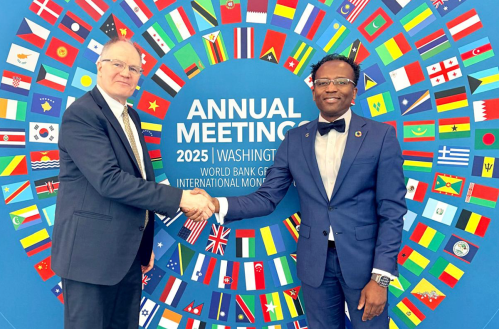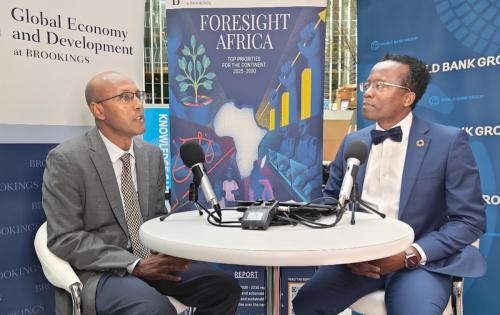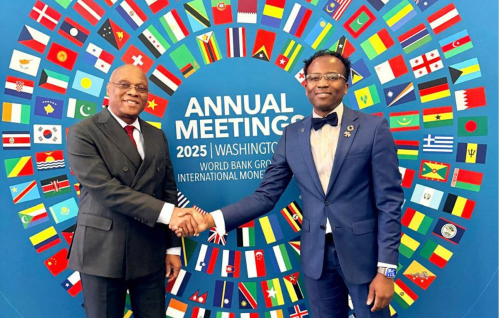Recent international attention has focused on China’s destabilizing activities in the South China Sea, but ongoing economic developments between China and its major European trading and investment partners tell a different, more subtle story. Chinese Premier Li Keqiang’s visit to Europe in June and July was a reminder to the world—and to the United States in particular—that China has more ways to advance its interests than precipitating security crises in its region. In Brussels, Li’s call for Greece to remain in the eurozone demonstrated that China is now willing to present its case even on distant, economic issues. It is highly mindful of the potential risks if the Greek crisis were to undermine the EU’s force in global commerce and finance.
China’s economic presence in Europe began to increase in the early 2000s, but accelerated markedly following the 2008 financial crisis. China started diversifying its bond portfolio, buying European bonds instead of concentrating solely on U.S. treasury bonds. The China Ocean Shipping Company also won a 35-year concession for two terminals of Athens’s Piraeus Harbor, thus becoming a key investor in Greece. As Li Keqiang made clear, China sees its relationship with the European Union as vital to its long-term interests, but primarily in economic terms. China sees growing ties to Europe as an alternative to dependence on the United States. It also seeks to convey to European states the potential for much deeper links between the EU and an economically emergent China.
The perils and promise of trading with China
Premier Li visited Brussels to attend the annual EU-China summit and celebrate the 40th anniversary of EU-China diplomatic relations. Trade between China and the EU now exceeds 1 billion euros every day. But how should Europe pursue these possibilities? The strategic issue facing all member states is to ensure that EU-China relations accord fully with the norms and practices that Europe has long fostered. No matter the potential allure of China-Europe relations that Beijing appears to offer, an economic future insufficiently moored to existing norms would be no bargain at all.
At present, the issues under review between China and the EU include heightened protection of intellectual property rights, a new agreement on science and technology, a landmark customs agreement, and a statement on climate change ahead of the Paris conference in December. The discussions between China and the EU on the 315 billion euro-European Fund for Strategic Investments (EFSI) are among the most important policy deliberations affecting long-term cooperation. China sees complementarity in its own grand infrastructure plan (“One Belt, One Road”) to tie the future development of Central, South and Southeast Asia to increased Chinese trade and investment with Europe. But the EU’s irritation with Beijing’s “16+1” initiative to extend its cooperation to Central and Eastern European economies continues to place limits on its endorsement of China’s larger strategy.
European leaders also continue to steer clear of detailed discussions of issues that the Chinese deem especially sensitive, but which EU policymakers recognize cannot ultimately be ignored. Human rights, mounting pressures on the activities of western nongovernmental organizations in China, and cybersecurity did not feature officially in the latest talks in Brussels. But the European Commission has undertaken more than 60 bilateral dialogues with China at lower levels, including on some of these more divisive issues.
On the South China Sea, which remains a highly contentious security concern between China and the United States, Germany and France have relied on rare statements from Brussels: The European Commission has released only two documents on mounting maritime disputes over the past two years. But European states take the law of the sea very seriously. Deteriorating conditions in the South China Sea could have important consequences in the Arctic or even in the Mediterranean, underscoring Europe’s objections to unilateral changes in the status quo.
In contrast with European states’ close economic engagement with China, they play a minimal role in Asian security arenas. Unlike the United States, European countries maintain a small military presence in the Asian region. At the same time, China has become highly adept at dividing various European capitals by offering investment and economic cooperation packaged to the needs of individual EU member states. Through a similar Chinese strategy, Germany, the United Kingdom, and France all suffered economic consequences following meetings between their respective leaders and the Dalai Lama. After the Nobel Peace Prize committee’s decision to award the prize to Liu Xiaobo in 2010, China also sought to punish Norway, even though the committee is clearly independent of the Norwegian government (and the country is not a member of the EU).
Speaking with one voice
China’s increased political and economic profile in Europe therefore requires enhanced cooperation among EU member states, so as to better ensure they speak with one voice. There is a parallel need for deeper exchanges between Washington and the EU. Despite the shared sentiments in a majority of capitals, the individual interests of various states provide China with ready opportunities to exploit national differences. For example, Budapest hastily offered to serve as the final European destination for the new “Silk Road.” Similarly, London is focused on offering a grand welcome to President Xi Jinping in a state visit planned for October.
European leaders understand that dealing individually with a stronger China weakens the EU’s hand. By linking its new “Silk Road” to Europe’s own plans for infrastructural development, China seeks to play an enhanced role in the global economy and increase its stake in the EU. But major stakes for the future of the global trading order also loom, making it imperative that Europe proceed fully mindful of the potential consequences.
Europe must therefore enhance its internal deliberations on how to address a China that is clearly intent on a much more ambitious economic profile. China contends that the rules of the game must reflect its increased economic weight, but Europe needs to signal unambiguously that the future economic order remain based on the rule of law and established principles of cooperation. Closer consultations with the United States will also be essential to effectively delivering this message. Above all, Europe needs to demonstrate its readiness to act collectively to ensure European interests and to give China incentives to reinforce international practices that benefit both the region and the globe.
The Brookings Institution is committed to quality, independence, and impact.
We are supported by a diverse array of funders. In line with our values and policies, each Brookings publication represents the sole views of its author(s).




Commentary
Why China goes to Europe
July 29, 2015